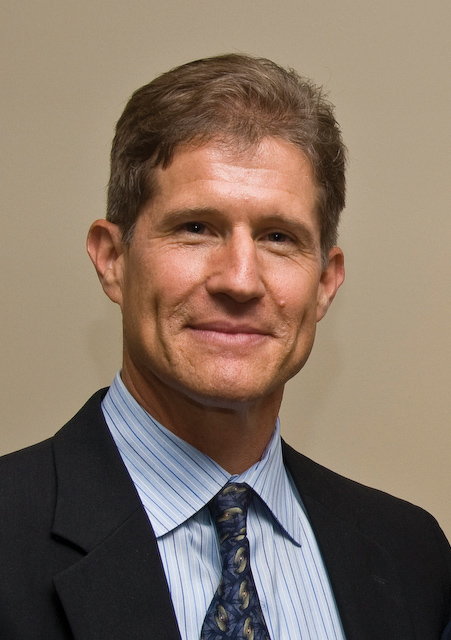The Placebo Effect
Program 239 • 29 mins
CDs available via special order. HumanMedia ®
Listen to excerpt:
Program 239 • 29 mins
CDs available via special order. HumanMedia ®
Listen to excerpt:
When new medications are being tested, researchers have long been aware of the “placebo effect”—that someone’s mental attitude and preconceptions can impact how that person reacts to the drug. Routinely, scientists attempt to distinguish the placebo effect from the effect of the drug’s active ingredients, to determine how well the medicine itself works. But what is the mystery of the placebo effect? Why do our thoughts and ideas affect our healing from physical ailments? In this episode, we examine some of the history—and promising applications—of this effect, which Dr. Jonas sometimes calls the “meaning effect”, because a healing response can be activated by how we perceive the meaning of a medical treatment (drug or otherwise). Jonas is former Director of the Medical Research Fellowship at the Walter Reed Army Institute of Research. He also served as director of the Office of Alternative Medicine (since renamed the National Center for Complementary and Integrative Health), a branch of the National Institutes of Health (NIH). Today he is president of the Samueli Institute, a health research center in Alexandria, Virginia.
 On average, particular drugs, even proven ones, for example, only add about 20-30 percent of the effect of the response. The rest, the 70-80 percent comes from our own inherent healing capacity. Pain responds robustly to the meaning effect. But a lot of other physiological processes also seem to be responding to it. And medical science is just beginning to explore how broad this effect is. For example, there’s good research showing that even Parkinson’s disease responds to this, and inflammatory processes, and immune responses can also respond to this.”
On average, particular drugs, even proven ones, for example, only add about 20-30 percent of the effect of the response. The rest, the 70-80 percent comes from our own inherent healing capacity. Pain responds robustly to the meaning effect. But a lot of other physiological processes also seem to be responding to it. And medical science is just beginning to explore how broad this effect is. For example, there’s good research showing that even Parkinson’s disease responds to this, and inflammatory processes, and immune responses can also respond to this.”
—Wayne Jonas, MD